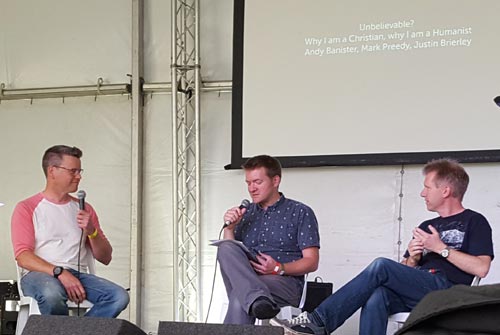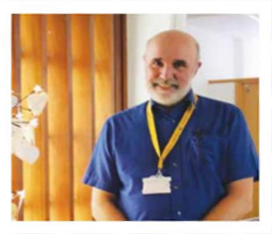| It didn’t start in America and it didn’t start with the election of Donald Trump. For months pundits have discussed the phenomenon of ‘post-truth politics’: politics deliberately based on simplification, appealing to the raw emotions of the electorate. Evidence, historical precedent, well-reasoned analyses: all count for nothing. In fact they are repudiated as being the preserve of elites.
This populism replacing reasoned politics is now global and a major threat to universal human rights, to secularism, to reason, and to humanist values.
In India, Narendra Modi’s Hindu nationalist government disparages the open secular framework that has long held the most diverse nation in the world in some sort of social harmony. In Poland, the Government is preparing once again for an aggressive assault on the rights of women, justified entirely through appeals to Catholic dogma. In the Philippines, President Rodrigo Duterte indulges in sermon-like attacks on atheists, interwoven with rabble-rousing cries to bring back the death penalty. And in Russia, Putin, re-elected President in 2012, has used aggressive foreign policy to settle domestic political issues while imprisoning those who offend the church or criticise his regime. In Turkey, we see one of the greatest tragedies of our age: a country full of cosmopolitan potential transformed into a police state under Erdoğan, without democracy and without a free press or judiciary. In Hungary, the rule of law is rapidly becoming history. Elections in the next few months threaten the rise of far-right authoritarian parties in Austria, France, and the Netherlands.
When the world is so very far from what we want it to be, there is a temptation to retreat, to tend to one’s own garden and look to the private and the domestic. These are, after all, areas of our lives where we at least have some sort of control, and where we can have some positive effect.
This isn’t entirely the wrong instinct. Just as peace between nations starts with love between people and happiness in societies, our little choices can affect the bigger picture. So much of the BHA’s work is directed to the lives of individuals: our school volunteers encourage young people to open their minds and their sympathies, our pastoral carers give like-minded support to those in personal crises, and our celebrants guide families and couples through some of the highest and lowest points in their lives.
But public crises call for our public involvement, not just private actions.
As humanists, we champion secularism because we believe everyone is treated better when governments and churches are kept apart. We champion human rights not simply because we believe in the equal dignity of every living person, but because we know that this is something all-too easily forgotten by humankind. And we steadfastly champion democracy and the rule of law, along with those civil values that ensure their smooth functioning.
In all that we do, these social values are our guides, along with reason, empathy, and kindness. The future is uncertain and ever-harder to predict. But we must enter it optimistically, rationally, and with a cool head on our shoulders. Our humanist way of thinking has given the world so much over the centuries and its resources are far from depleted. We are entering a dark chapter in the human story, but the light has burned brightly in darker times than this. Today we all have a responsibility to tend the flame.
|



